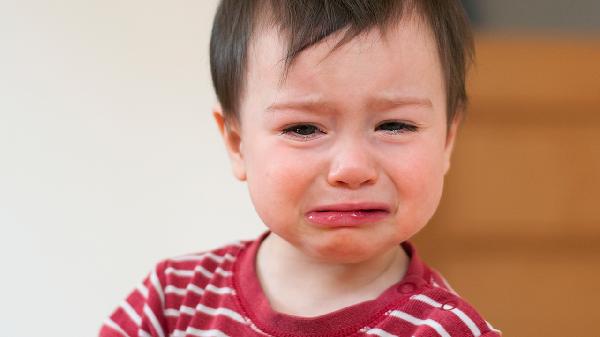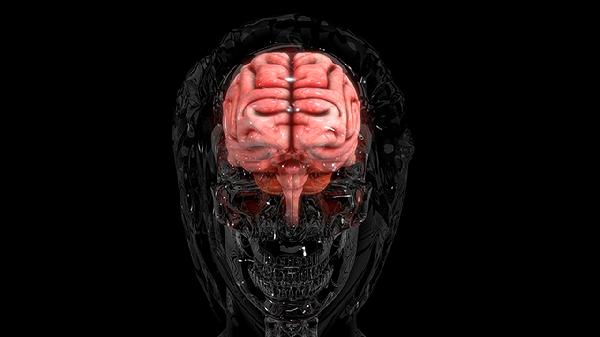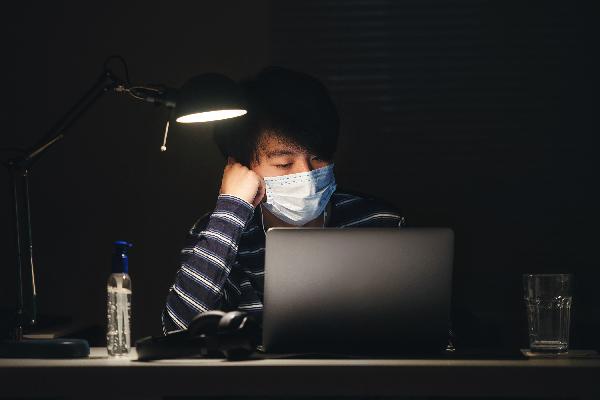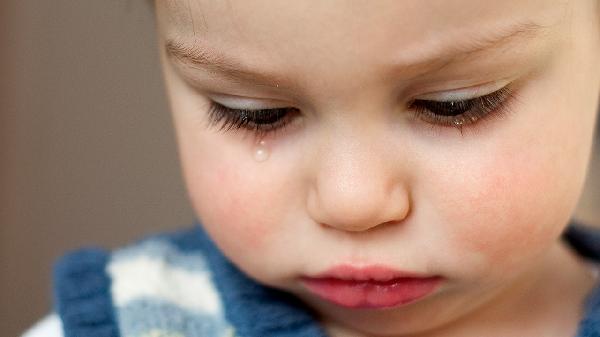Finding out I was pregnant at 22 was a whirlwind of emotions—excitement, fear, and a whole lot of confusion. On paper, everything seemed perfect: a loving partner, a great apartment, and a future I’d always dreamed of. But beneath the surface, something darker was brewing. My lifelong anxiety morphed into something I couldn’t recognize, a depression so heavy it felt like I was drowning in plain sight. And the scariest part? I had no idea how to talk about it.
The Unraveling
It started small—little moments where I’d feel off, like the world was tilting just enough to throw me off balance. But then came the Super Bowl incident. My partner wanted to celebrate with his family, but I couldn’t bring myself to go. Instead, I sat on the rooftop of our apartment, surrounded by black bugs, and completely lost it. I called my mom in hysterics, saying things that didn’t make sense, things that scared her enough to text my husband and say, “Go check on her. Now.” That was the first time anyone realized how bad it had gotten. And yet, at my prenatal appointments, I lied through my teeth. The fear of medication, the fear of judgment, the fear of being seen as “unfit”—it all kept me silent.
The Isolation of a Silent Struggle
Pregnancy is supposed to be this magical, glowing experience, right? Wrong. For me, it was a nine-month marathon of misery. I hated every second of it—not because of physical discomfort, but because my brain had turned against me. I’d hear other pregnant women complain about swollen feet or cravings, and I’d think, “That’s it? That’s all you’re dealing with?” I genuinely believed everyone felt this way and just wasn’t talking about it. The loneliness was crushing. I’d tell myself, “Just make it to August. Just make it to August.” But some days, even that felt impossible.
The Breaking Point
By the time my mom and sister came to visit near the end of my pregnancy, I was saying things that terrified them. Things like, “I don’t care if I survive delivery.” My mom, bless her, was ready to pack me into the car and drive me 18 hours home that night. But at 40 weeks pregnant, that wasn’t an option. Two days later, I went into labor—and something miraculous happened. The cloud lifted. I was giddy, laughing through contractions, eating Skittles, and watching movies. It was like I’d finally reached the finish line of a race I didn’t know I’d signed up for.
The Aftermath
The second my son was born, it was like someone hit a reset button on my brain. The depression vanished. I didn’t sleep for days because I was too busy dancing around the hospital room with my newborn, singing and laughing like none of it had ever happened. I braced myself for postpartum depression, but it never came. Instead, I was left with the aftermath of trauma—the realization that I’d been in real danger, that lying to my doctors had been a gamble with my life, and that if things had gone differently, I might not have been here to tell this story.
Lessons in the Darkness
Looking back, I wish I’d spoken up. I wish I’d trusted my medical team enough to say, “I’m not okay.” But mental illness doesn’t always let you think clearly. If I ever consider another pregnancy, I’ll have systems in place—therapy from day one, a support team on standby, and a plan for if things start to spiral. Because the truth is, pregnancy can be brutal, and no one talks about how it can mess with your mind just as much as your body. I’m sad I missed out on the “happy pregnancy” experience, but I’m grateful to be here, to be myself again, and to finally understand that it’s okay to not be okay.
If you’re struggling, please don’t do what I did. Talk to someone. Call a helpline. Tell your doctor. You don’t have to white-knuckle your way through it alone. And if you know someone who’s pregnant and acting off, don’t wait for them to ask for help—they might not be able to. Sometimes, the bravest thing you can do is admit you’re not okay. And sometimes, the kindest thing you can do is reach out before they have to ask.
























